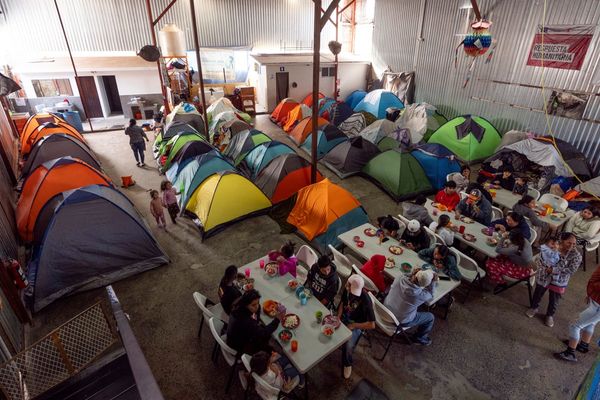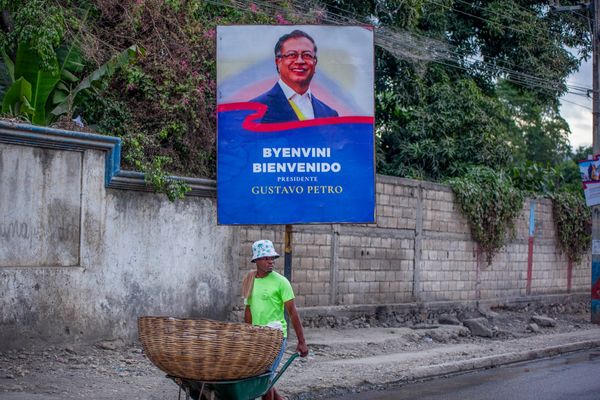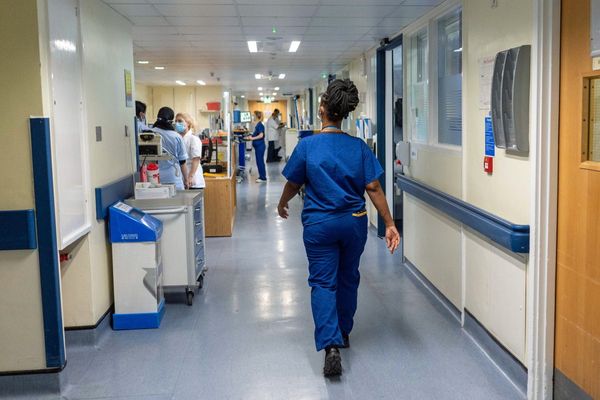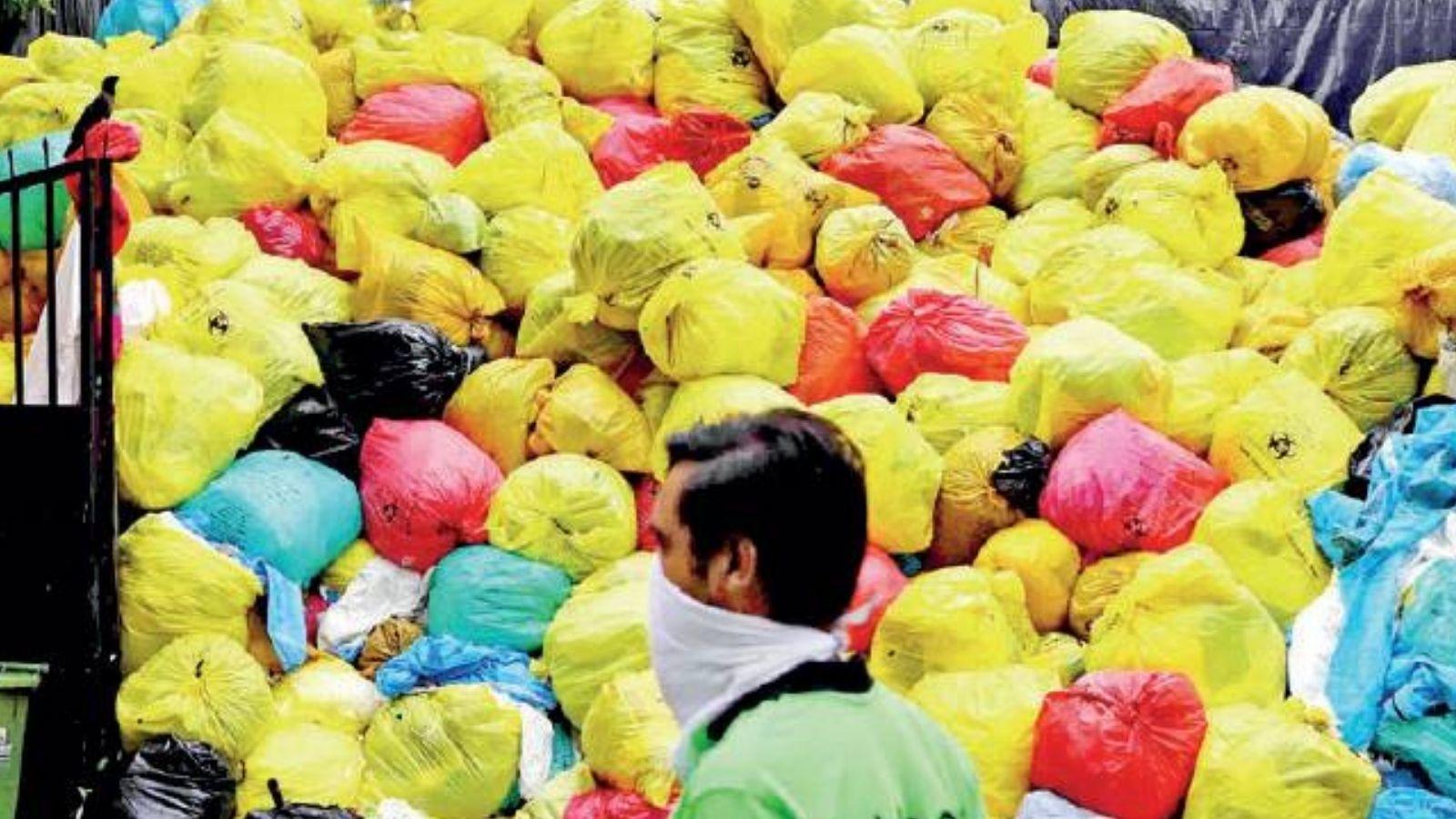
BENGALURU: In perhaps an indication of how ferocious the pandemic has been, India generated 56,898 tonnes of Covid-19 bio-medical waste between June 2020 and June 2021, data from the Union ministry of environment, forest and climate change shows.
The waste burden correlates to some extent to infections. Maharashtra generated the maximum at 8,317 tonnes, followed by Kerala (6,442), Gujarat (5,004), Tamil Nadu (4,835), Delhi (3,995), Uttar Pradesh (3,881) and Karnataka (3,133).
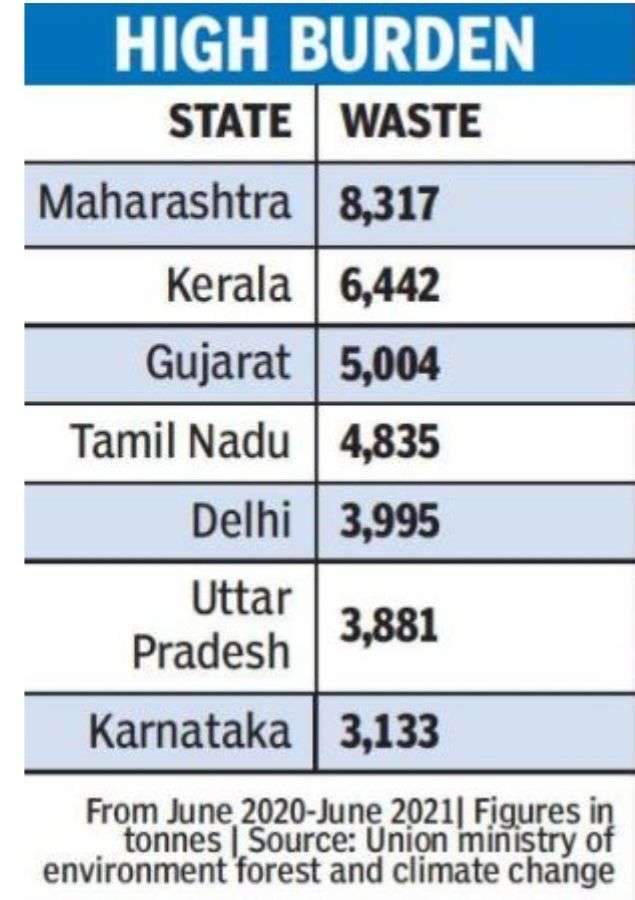
Experts say the lack of total correlation between infections and the waste burden only shows the data is at odds with the ground situation.
To track Covid bio-medical waste (BMW) and ensure safe disposal, the ministry had developed Covid BMW, an app. As of May, there were 198 common BMW treatment and disposal facilities in the country. Maharashtra has the highest at 29, while Karnataka has 26.
Data with the central pollution control board shows peak generation of about 250 tonnes per day (TPD) was reported on May 10, when the second wave was at its peak in multiple states. The peak generation last year was in the 180–220 TPD range.
Aparajita Chattopadhyay, professor, department of developmental studies, International Institute for Population Sciences (IIPS), Mumbai, who studied the waste burden of different states, said the pandemic has only exposed the biomedical waste handling scenario in India.
Chattopadhyay is co-author of the study, ‘Assessment of bio-medical waste before and during the emergency of novel coronavirus disease pandemic in India: A gap analysis’ published in the Waste Management & Research journal of Sage recently.
Chattopadhyay points out that there is no clarity on the end point of biomedical waste generated by people in home isolation.
“What happens to disposable masks used by the public? What’s the ideal way of disposal? These are not clearly stated by the government. In reality, this waste is mixed with municipal waste,” she said, adding that the need is to forge public-private partnerships to establish biomedical waste processing units across the country.
Dr Girdhar Gyani, director general, Association of Healthcare Providers in India (AHPI), said there are concerns about Covid BMW being mixed with municipal waste, as the same agency collects both wastes in the same vehicles in most places. Dr Gyani said there is no uniformity in waste processing charges across the country.
DK Nagaraj, president, Karnataka Hospital Waste Disposal Facility Operators’ Association, said during the peak of the second wave, Bengaluru alone generated 5-6 tonnes of Covid BMW per day. “Now, since cases have reduced, it has fallen to less than 2 tonnes per day in Karnataka,” said Nagaraj.
PPE constitutes a major portion of the waste. Early in the pandemic, even food waste generated by a Covid patient was treated as bio-medical waste and incinerated.
“Disposable cutlery and pillow and bed covers were considered Covid biomedical waste till September 2020,” said Dr HM Prasanna, president, Private Hospitals and Nursing Homes Association, Karnataka. “It used to be 3kg per patient in June 2020, but it now is around 1.2kg a day per patient.”
Now, only PPE, masks, gloves, cotton swabs, shoe covers, needles, syringes and IV fluid bottles are considered Covid BMW.


